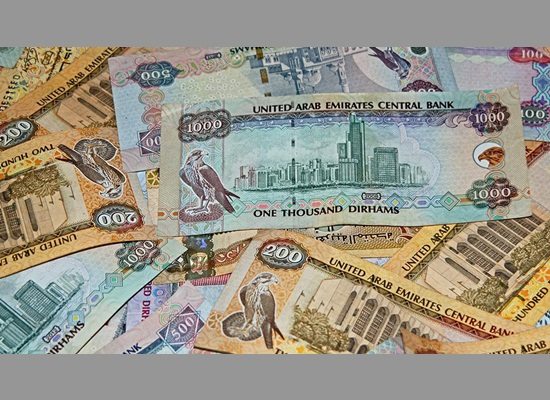

Dubai envisages $1.5bn in annual savings through a blockchain
Blockchain, or the technology behind a centralised and distributed digital ledger system, has the potential to reduce ground work in the auditing process and make it far more efficient and transparent, according to Ajit Tripathi, director of Fintech and Digital banking at UK-based PwC.
"I don't think the technology threatens the auditors job I think what it offers is greater efficiencies," Tripathi told MEED on the sidelines of the Sharjah FDI Forum on 19 September.
Blockchain is a peer-to-peer network where digital transactions and smart contracts are undertaken, cleared and tracked between consenting parties and which bypasses a central monetary clearing system like a central bank.
A blockchain could be private, similar to the Hyperledger Fabric project, which only invited companies can participate in, or public similar to the system behind cryptocurrency bitcoin.
The excessive hype surrounding bitcoin and blockchain along with several stack of technologies that enable them including cloud, internet-of-things and artificial intelligence, all of which are also associated with financial technologies (fintech), has put many technology start-ups squarely against regulators in recent months.
Those who worry or those who are over excited about anything new like blockchain or bitcoin are both exaggerating, says Tripathi. Anything new needs time to mature and deliver benefits.
The Chinese government has recently issued a regulation to shut down all bitcoin exchanges in Beijing and Shanghai soon.
In other countries, there are initiatives to legalise bitcoin by offering it against an asset such as gold.
However, some governments are more accepting. The Swiss municipality of Chiasso recently announced it will start accepting bitcoin as payment for taxes starting next year. Dubai has a blockchain strategy, which aims to save the government AED5.5bn ($1.5bn) in annual document processing costs.
The Dubai government has said it is aiming to execute all its transactions on a blockchain by 2020.
A pilot blockchain project has also been initiated in Dubai by US-based IBM in partnership with eight government entities to explore the use of blockchain-based trade finance and logistics solutions.
Entities involved in the project include Dubai Customs, Dubai Trade, Dubai-based telecom service provider Du, Emirates NBD Bank, Banco Santander, logistics firm Aramex and a yet-to-be named airline company.
You might also like...

Red Sea Global awards Marina hotel infrastructure
18 April 2024

Aramco allows more time for MGS package revised prices
18 April 2024

Morocco tenders high-speed rail project
18 April 2024
A MEED Subscription...
Subscribe or upgrade your current MEED.com package to support your strategic planning with the MENA region’s best source of business information. Proceed to our online shop below to find out more about the features in each package.





